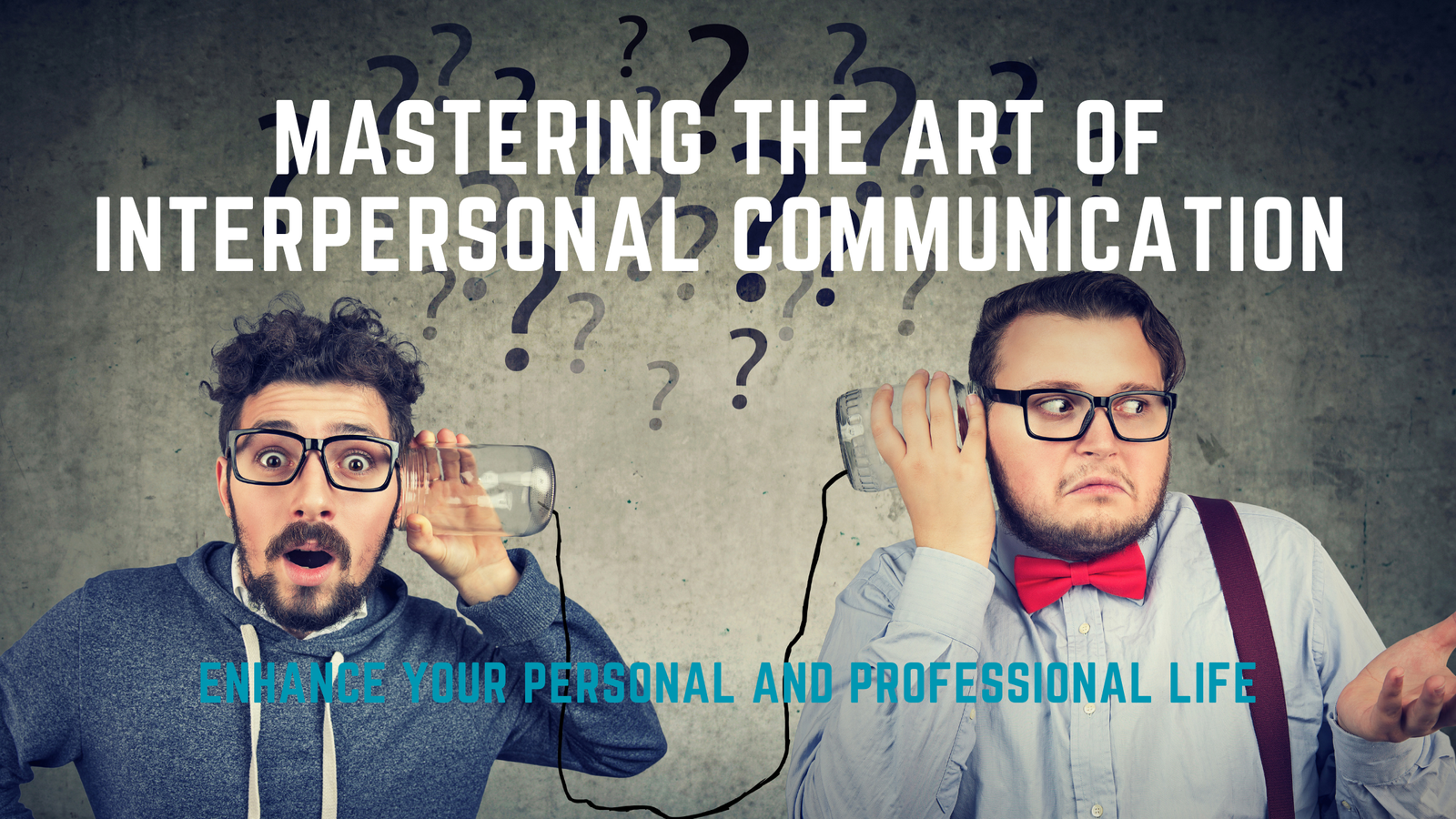Interpersonal Communication: The Key to Unlocking Stronger Relationships
Introduction to Interpersonal Communication
In a world where digital connections often overshadow face-to-face interactions, the art of interpersonal communication has never been more crucial. But what is interpersonal communication, you might wonder? At its core, it refers to the process by which people exchange information, feelings, and meaning through verbal and non-verbal messages: it’s not just about what is actually said, but how it’s said and the non-verbal messages sent through tone of voice, facial expressions, gestures, and body language.
What Does Interpersonal Communication Really Mean?
Interpersonal communication encompasses more than just the exchange of words; it’s the foundation upon which relationships are built. Whether it’s a brief exchange with a barista or a deep conversation with a close friend, every interaction contributes to the fabric of our relationships. It encompasses various forms, including spoken communication that can be face-to-face or over the phone, and unspoken communication, such as body language and facial expressions.
Why Is Interpersonal Communication So Important?
Understanding the importance of interpersonal communication can transform how we move through the world and relate to others. It is essential because it:
- Fosters connections: Strong interpersonal skills can lead to deeper relationships with friends, family, and colleagues.
- Enhances professional opportunities: In the workplace, effective communication is linked to higher productivity and career advancement.
- Supports personal well-being: Effective communication skills contribute to resolving conflicts and expressing needs and emotions healthily.
Types of Interpersonal Communication
- Verbal Communication: This includes the words we choose and how we say them.
- Non-Verbal Communication: This encompasses body language, facial expressions, and tone of voice.
- Listening: An often-overlooked aspect, active listening involves fully concentrating, understanding, responding, and remembering what’s being said.
- Written Communication: In our digital world, this type involves text messages, emails, and social media interactions.
Improving Your Interpersonal Communication Skills
- Practice Active Listening: Focus on the speaker, avoid interrupting, and give feedback.
- Be Mindful of Non-verbal Signals: Your body language should match your words.
- Enhance Your Empathy: Try to understand situations from another’s perspective.
- Clarity and Conciseness: Aim to be clear and to the point in your communications.
- Adaptability: Tailor your communication style to your audience.
Challenges in Interpersonal Communication
Despite its importance, effective interpersonal communication doesn’t always come easily. Common challenges include:
- Cultural Differences: Misunderstandings can arise when people from different cultures and backgrounds communicate.
- Emotional Barriers: Personal emotions can impact how one sends and receives messages.
- Physical and Environmental Barriers: Noise, distance, and barriers to technology access can affect communication clarity.
Interpersonal Communication in the Digital Age
In today’s fast-paced digital world, understanding the nuances of interpersonal communication online is vital. While platforms like email, social media, and messaging apps make it easier to stay in touch, they also present new challenges, including the lack of non-verbal cues and the potential for misinterpretation.
Conclusion and Call to Action
Improving your interpersonal communication is a journey that can enhance every aspect of your personal and professional life. From building stronger relationships to advancing your career, the benefits of mastering this skill are boundless. Remember, effective communication starts with understanding not just the “what” but the “how” of sharing information and emotions with others.
Engage with Us: Have you overcome challenges in interpersonal communication? Share your story in the comments, or contact us for more information on improving your communication skills. Let’s learn and grow together in our journey toward better understanding and connecting with the people around us.











2 thoughts on “Mastering the Art of Interpersonal Communication: Enhance Your Personal and Professional Life”